Lotte Lenya, a star of the German and American stage and films who championed the music of her husband, Kurt Weill, died in the Manhattan apartment of a friend last evening. She was 83 years old.
Miss Lenya first attracted widespread attention in the 1928 Berlin production of Bertolt Brecht's and Weill's ''Threepenny Opera,'' and her fame was confirmed in the film version of 1931.
Her stage career in this country was limited until after Weill's death in 1950. But with the 1954 Off Broadway revival of ''The Threepenny Opera'' she became a noted figure in the United States, subsequently appearing in numerous works of both Weill and Brecht as well as supervising and singing in a series of Weill recordings that inspired the present-day re-evaluation of his work. She also made a name for herself, independently of Weill, winning a Tony Award for her performance in ''Cabaret'' on Broadway and an Oscar for the film ''The Roman Spring of Mrs. Stone.''
By the late 50's, Miss Lenya had become a ubiquitous symbol of the spirit, toughness and insouciance of Germany between the world wars. She and ''The Threepenny Opera'' properly came to represent all that was bright, glittering, sharp and trenchant about the art and the popular culture of Weimar Berlin. Vulnerability and Defiance
As a singer, Miss Lenya had her distinct technical limitations, especially in her later years, when she lowered the pitch and approximated the line of Weill's songs. In a review in The New York Times, Harold C. Schonberg described her voice as one that ''could sandpaper sandpaper.'' But through her shaky failings, or perhaps even because of them, she projected an individuality, a vulnerability and a defiance that her more technically adroit successors were hard put to match.
Lotte Lenya, whose original name was Karoline Blamauer, was born on Oct. 18, 1898, in Penzing, a working-class suburb of Vienna. Her mother was a laundress and her father one of the city's coachmen. From the very beginning, she was a performer: ''When she was only a baby, her father would summon her from the coal bin where she slept and make her dance for him,'' one press interview reported. Her first professional experience came at the age of 6, when she appeared in a local circus, and two years later she learned to walk a tightrope.
During World War I, she was sent to live with an aunt in Zurich. She took dance classes in the local City Theater and joined its corps de ballet, and she also played small roles in operettas. ''Lotte Lenya'' was a stage name derived from her nickname, Lenja, and all her life she preferred to be called Lenja or Lenya by her friends.
In 1920, she went to Berlin, then the theatrical capital of the German-speaking world, and joined a small company devoted to Shakespeare. Two years later there was an audition for a children's ballet called ''Die Zaubernacht.'' She was offered a part but turned it down when her teacher was refused a role. The composer of ''Die Zaubernacht'' was Kurt Weill, although she did not meet him then.
By this time she had become a protegee of the German playwright Georg Kaiser and his wife, and it was through them, in 1924, that she finally met Weill. She was asked by Kaiser to row across a lake and pick up the composer, who was a houseguest. Miss Lenya asked how she would recognize him. The answer was, ''All composers look alike.'' Married to Weill in 1926
A romance soon developed between the two, and they were married in 1926. The Lotte Lenya of that time, as she appears in photographs, was a spunky, gamin-like creature: not beautiful in a conventional sense, but full of the sweet-and-sour personality that was soon to serve her so well on the stage.
The first Brecht-Weill collaboration was the short ''Songspiel,'' now known as the ''Little Mahagonny,'' in which Miss Lenya had a part. Composed for the 1927 Baden-Baden Festival of avant-garde music, it had a controversial success and led to their work on ''The Threepenny Opera.''
The anecdotes surrounding the premiere of that work, at the Theater am Schiffbauerdamm on Aug. 31, 1928, have passed into theatrical history. The performance was preceded by a temper tantrum by Weill, who had noticed the omission of his wife's name from the program. ''Pigsty,'' he cried. ''This is a pigsty. My wife won't go on! I won't allow it.'' Miss Lenya later told The New York Times Magazine that she calmed him by saying, ''They'll know who I am tomorrow.''
They did. ''The Threepenny Opera,'' with its blend of classical formalism, jazz atmosphere and defiantly proletarian simplicity, became the hit of Europe. It ran for five years in Berlin, until 1933, and was produced all over Germany and the rest of the Western world. Altogether, by one estimate, it received some 4,000 performances in 120 productions. 'Pirate Jenny' Her Anthem
In the original version, Miss Lenya played the part of Jenny, but had only one song to sing. Her ''Solomon Song'' was cut because the show seemed too long, and the ''Pirate Jenny'' song was Polly's. In the film, however, from which Brecht eventually withdrew, Miss Lenya - who had also sung the role of Lucy in some stage performances - took over ''Pirate Jenny'' and made it her anthem.
She subsequently appeared in the expanded, operatic version of ''Mahagonny,'' ''The Rise and Fall of the City of Mahagonny,'' and in a piece called ''Song of Hoboken'' in 1932. When the Nazis came to power, she and Weill, who was Jewish, emigrated to Paris, where Brecht and Weill composed their only work written specifically for her, the drama-ballet ''The Seven Deadly Sins.''
According to Ronald Sanders, Weill's biographer, their marriage faltered during this period. But for personal or professional reasons they reconciled, and in 1935 they came to New York. Miss Lenya appeared in Max Reinhardt's production of ''The Eternal Road''; in concert versions of some of her husband's German works; in the Broadway play ''Candle in the Wind,'' and in the short-lived ''Firebrand of Florence,'' for which Weill composed the music. But her English was limited and she eventually abandoned her stage career. Preserving Weill's Work
Weill's early death in 1950 changed things. At first she was desolate. ''When he died, I wanted to crawl into a hole and never come out,'' she told The Times.
But the next year Miss Lenya was remarried, to an editor named George Davis, who died in 1957. It was with his strong encouragement that she resumed her career and took up the task of restoring Weill's work to public consciousness. It was a task that became a mission, and it took up most of the rest of her life.
''I didn't think of making a new career,'' she recalled in a 1964 interview in The Times. ''I had my success in Germany and that was it. But my friends insisted it was my heritage, my duty to take care of his music. I realized that perhaps it was my job to continue, to bring the music out.''
That mission began with a concert performance in early 1951 at Town Hall of ''The Threepenny Opera.'' Later that year Miss Lenya returned to the stage, appearing as Socrates's wife in Maxwell Anderson's ''Barefoot in Athens''; Anderson had been a close collaborator and friend of Weill. But it was not until the Carmen Capalbo staging of Marc Blitzstein's adaptation of ''The Threepenny Opera'' opened at the Theater de Lys in Greenwich Village in 1954 that Miss Lenya's new American career was under way in earnest. The show was such a hit that, after it was forced to close because of a previous booking at the theater, it reopened there the next year and ran for nearly seven years, with Miss Lenya coming in and out of the cast.
From the mid-50's, Miss Lenya led a full-scale revival of Weill's European work. She appeared in many productions, including a highly praised staging by the New York City Ballet of ''The Seven Deadly Sins''; she made a series of recordings for Columbia Masterworks, and she also worked in the cause of Brecht, in the show ''Brecht on Brecht,'' which toured widely.
Her work for Weill had a catalytic effect on the rediscovery of his music, but her actual influence is now thought by many to have been partly a distortion. By concentrating on the European work in which she herself had appeared, she skewed historical appreciation back onto that period, to the detriment of Weill's American shows and operas. For the most part they are now rarely performed, although 'Street Scene'' is in the repertory of the New York City Opera.
In addition, the increasing limitations of her singing voice led to a tradition in which the German scores are sung by cabaret-style singer-actors in transposed and approximated form. Weill was once quoted as saying that ''my melodies always come to my inner ear in Lenya's voice.'' But when the Metropolitan Opera staged ''Mahagonny'' in 1979 with Teresa Stratas as Jenny and a controlled and exact orchestral performance under James Levine, the classical side of Weill's heritage could be better appreciated. Still, it was Miss Lenya who had rekindled the flame and kept it alive. In 'From Russia With Love'
Gradually, Miss Lenya's career apart from Weill began to blossom, although she tended to be typecast as a symbol of Weimar Germany. In 1966 she appeared as Fraulein Schneider in ''Cabaret.'' ''Miss Lenya has never been better, or if she has been, I don't believe it,'' wrote Walter Kerr in the The Times. Her films, apart from ''The Roman Spring of Mrs. Stone,'' included ''From Russia With Love,'' Roman Polanski's ''What?'' and ''Semi-Tough.''
Miss Lenya enjoyed playing parts not written by her first husband.''When I do a film that has nothing to do with Kurt Weill, then I am happy, I am on my own,'' she told The Times. ''But in a Kurt Weill work I am as nervous as a cat. A burden falls on my shoulders. I feel a crushing responsibility.''
''I've been the widow of Kurt Weill,'' she added in 1966. ''Now I'm me!'' Miss Lenya's third husband, the painter Russell Detwiler, died in 1969. In her later years she remained active, overseeing Weill productions and socializing happily. She maintained a midtown Manhattan apartment and a country home in Rockland County that she and Weill had purchased with his profits from ''Lady in the Dark.'' Although she had planned to write an official Weill biography with Mr. Davis, she never did. But recently she gave access to her memorabilia to Gottfried Wagner, the composer's great-grandson, who is writing the biography.
She won an Oscar nomination for her supporting role in the film ''The Roman Spring of Mrs.Stone.''
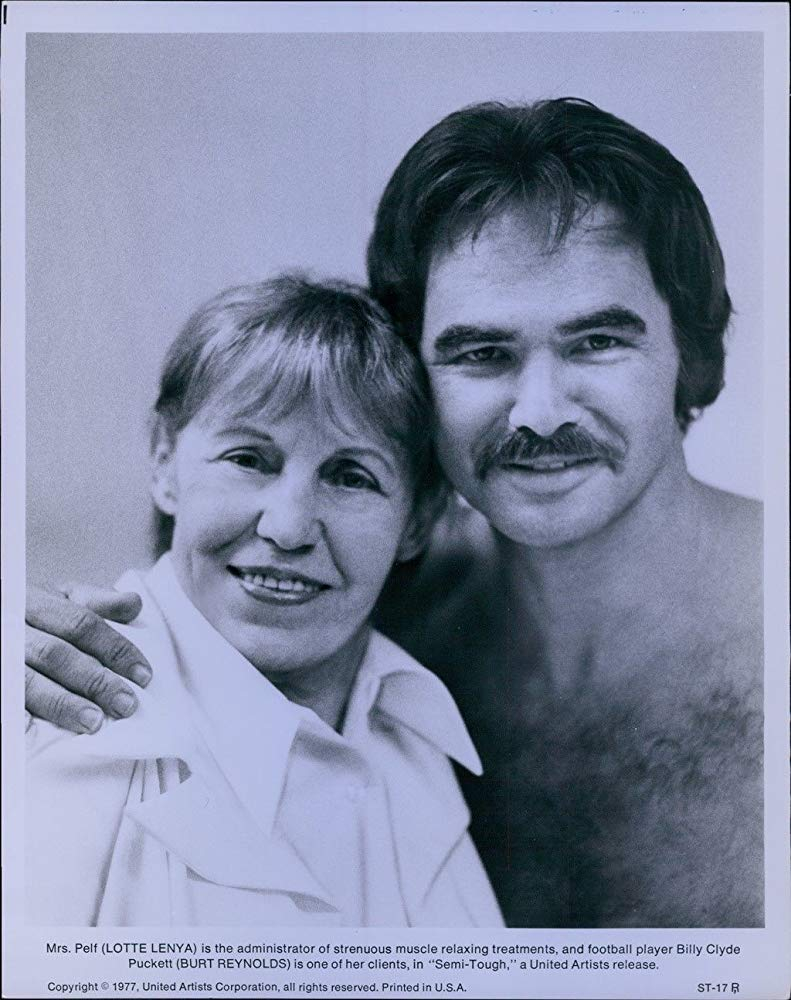
 Amanda S. Stevenson
Amanda S. Stevenson 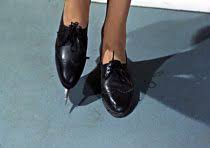
 Amanda S. Stevenson
Amanda S. Stevenson 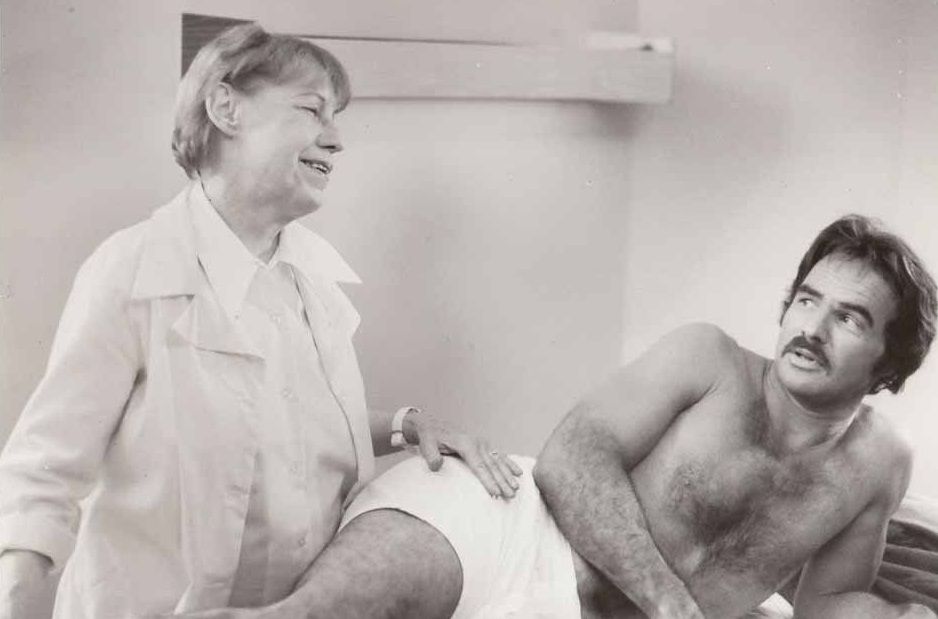
 Amanda S. Stevenson
Amanda S. Stevenson 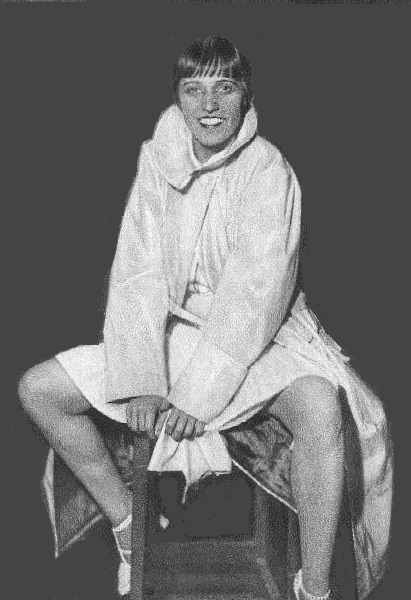
 Amanda S. Stevenson
Amanda S. Stevenson 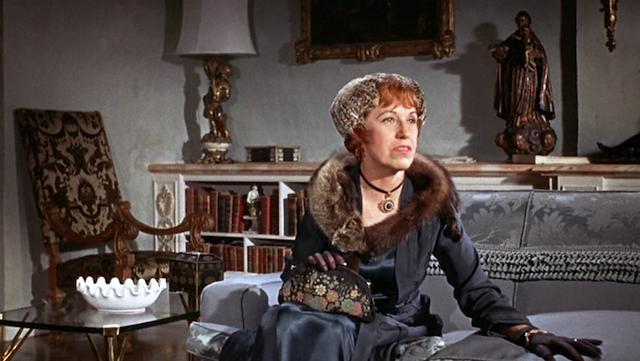
 Amanda S. Stevenson
Amanda S. Stevenson 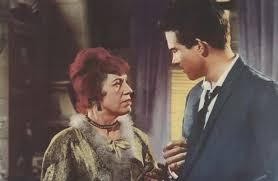
 Amanda S. Stevenson
Amanda S. Stevenson 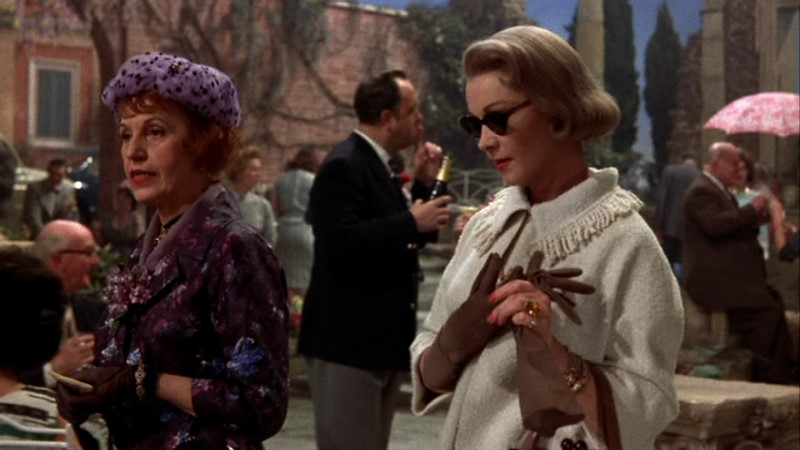
 Amanda S. Stevenson
Amanda S. Stevenson 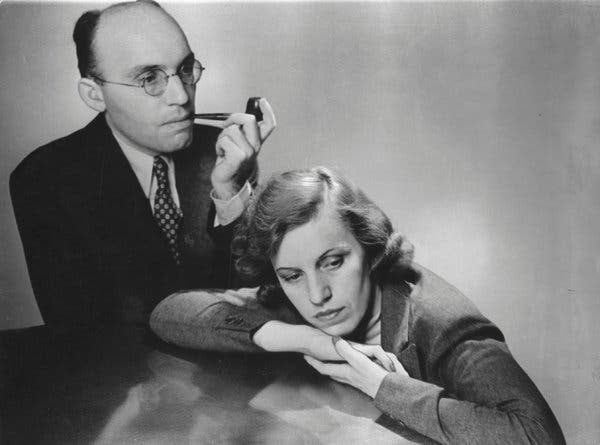
 Amanda S. Stevenson
Amanda S. Stevenson 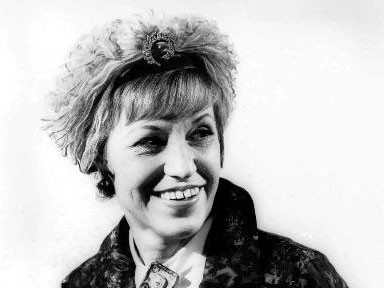
 Amanda S. Stevenson
Amanda S. Stevenson 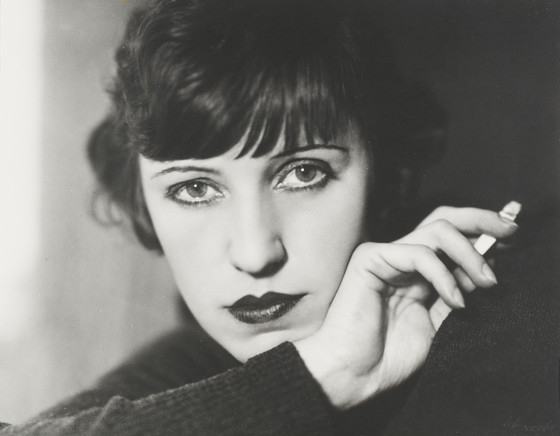
 Amanda S. Stevenson
Amanda S. Stevenson 